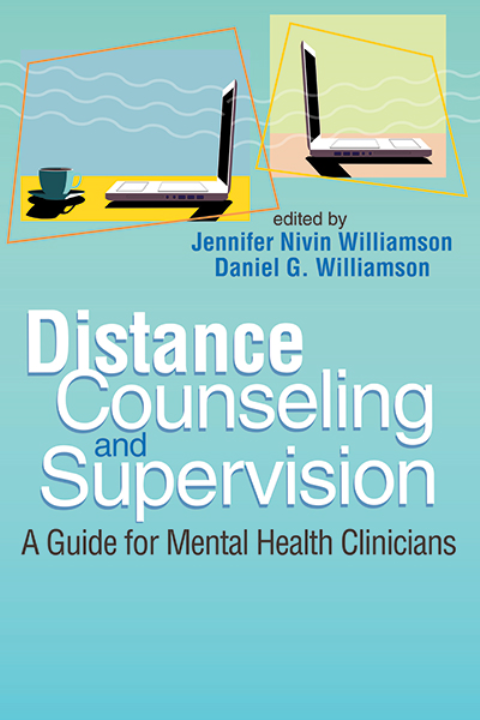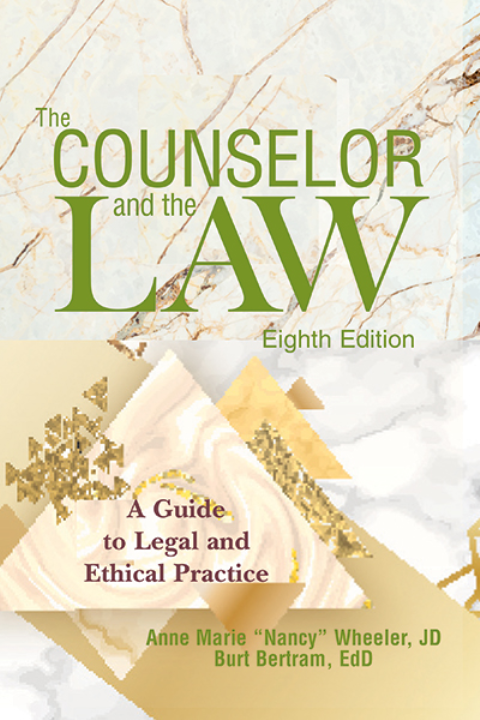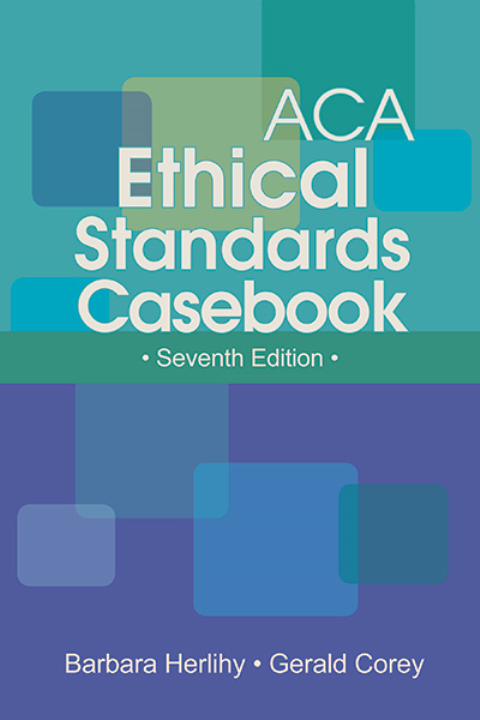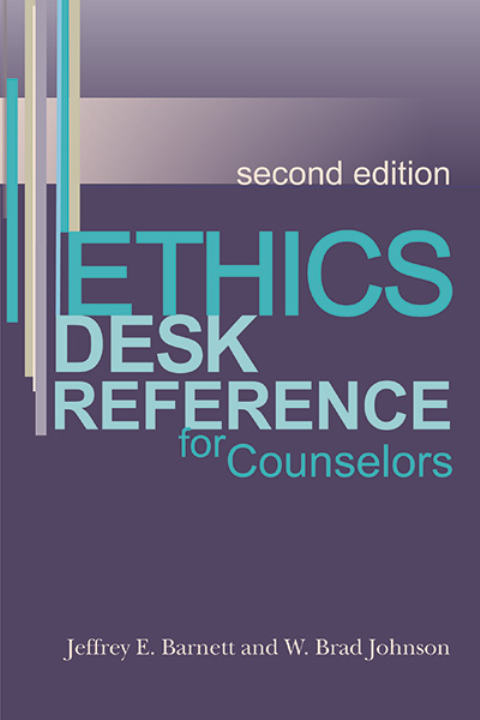
Telehealth & Emerging Technology
Many apps and services have been launched within the last few years, and it can be overwhelming to understand or know what services to use or recommend to others. Technology is quickly becoming something counselors can’t ignore.
ACA has developed new resources for our members related to the intersection of emerging technology and professional counseling ethics:
Who has to follow HIPAA privacy regulations?
There is often confusion when it comes to knowing what types of companies are required to abide by HIPAA, and a regulatory gray area still exists. Many companies are not automatically considered covered entities (e.g., health care providers and their business associates). Therefore, they are not required to adhere to legal privacy regulations since they are a vendor or self-help resource provider, not a licensed health care service provider. Vendors working with health care providers are considered business associates and must adhere to HIPAA laws and regulations. If and when a company providing an app, platform or website is legally considered a business associate is not always clear. Also, most “mental health apps” on the market that provide self-help services and education are not considered either a covered health care provider or business associate, and therefore no requirement to abide by privacy practices exists for these noncovered entities.
What do counselors need to look for?
It is important to ground whatever approach or actions one takes in our profession’s ethics to ensure the safety of one’s clients and the public above all else. Ethics requires counselors to know about any technology one uses or recommends, including its privacy practices. Counselors should be aware of not just what companies say they do or don’t do but also what they actually do with user information. Although many companies are transparent about what information they compile about and from their users (customers, patients, clients) and how they gather, use, store and sell that information, others are more vague or unclear.
Book Resources

Distance Counseling and Supervision: A Guide for Mental Health Clinicians
Tags: Counseling Specialties & Workplace Settings, Professional Counseling, Professional Development, Technology & Related Topics

The Counselor and the Law: A Guide to Legal and Ethical Practice, 8th Edition
Tags: Ethics, Legal, Healthcare Regulation & Compliance, Professional Counseling

ACA Ethical Standards Casebook, 7th Edition
Tags: Ethics, Legal, Healthcare Regulation & Compliance, Professional Counseling

Ethics Desk Reference for Counselors, 2nd Edition
Tags: Ethics, Legal, Healthcare Regulation & Compliance, Professional Counseling
Additional Resources
Continuing Education
- Demystifying Ethics and Law for Telebehavioral Health
- Distance Counseling and the Regulatory Environment
- Ethical Issues Related to the Use of Technology in Clinical Supervision
- Ethical, Legal, and Risk Management Considerations: Understanding the Landscape of Telebehavioral Health and Supervision
- The Ethics of HIPAA and Technology
- Professional Updates: Navigating Telehealth and the Counseling Compact
Other Resources and Recommendations
- We recommend going to the source of governmental regulations and requirements to learn more about HIPAA and privacy, and what is and isn’t regulated by the FDA.
- The American Psychiatric Association offers education and resources through their App Advisor Initiative about mobile mental health technologies.
- We also recommend that licensed behavioral health care providers know the federal and state-specific requirements and that counselors consult with their personal health care attorney for advice regarding the provision of telehealth services.
